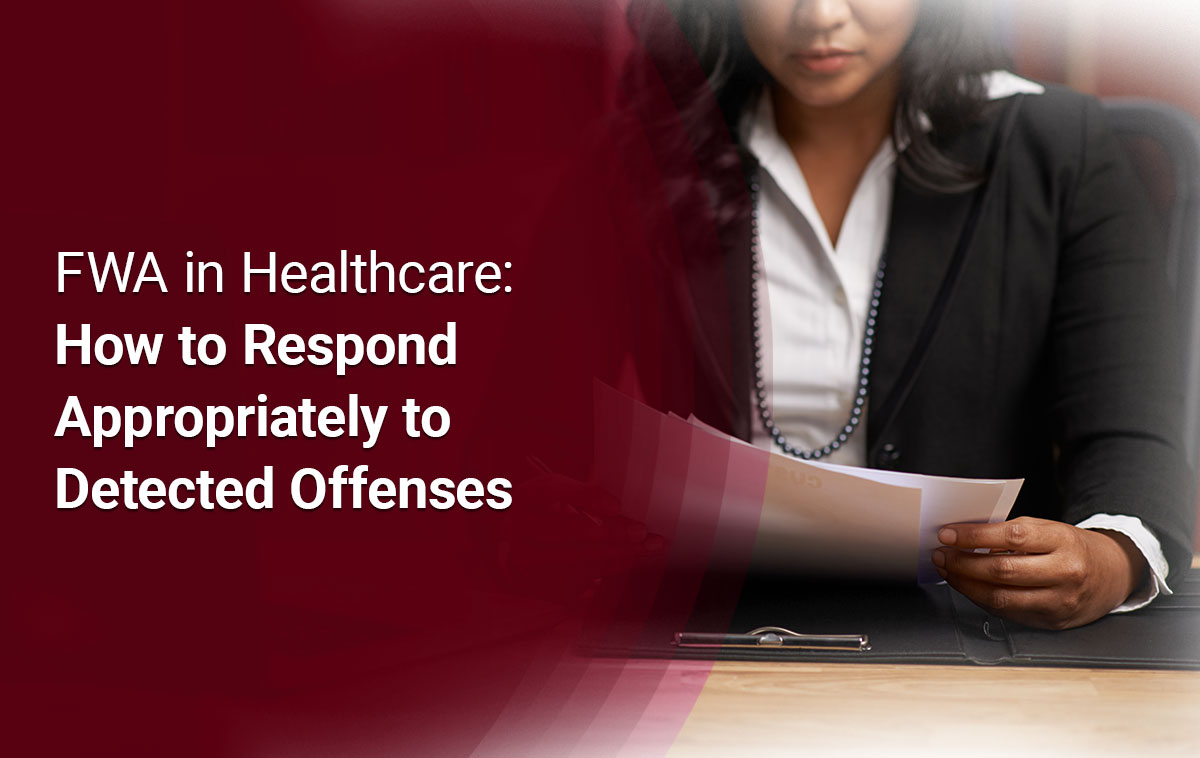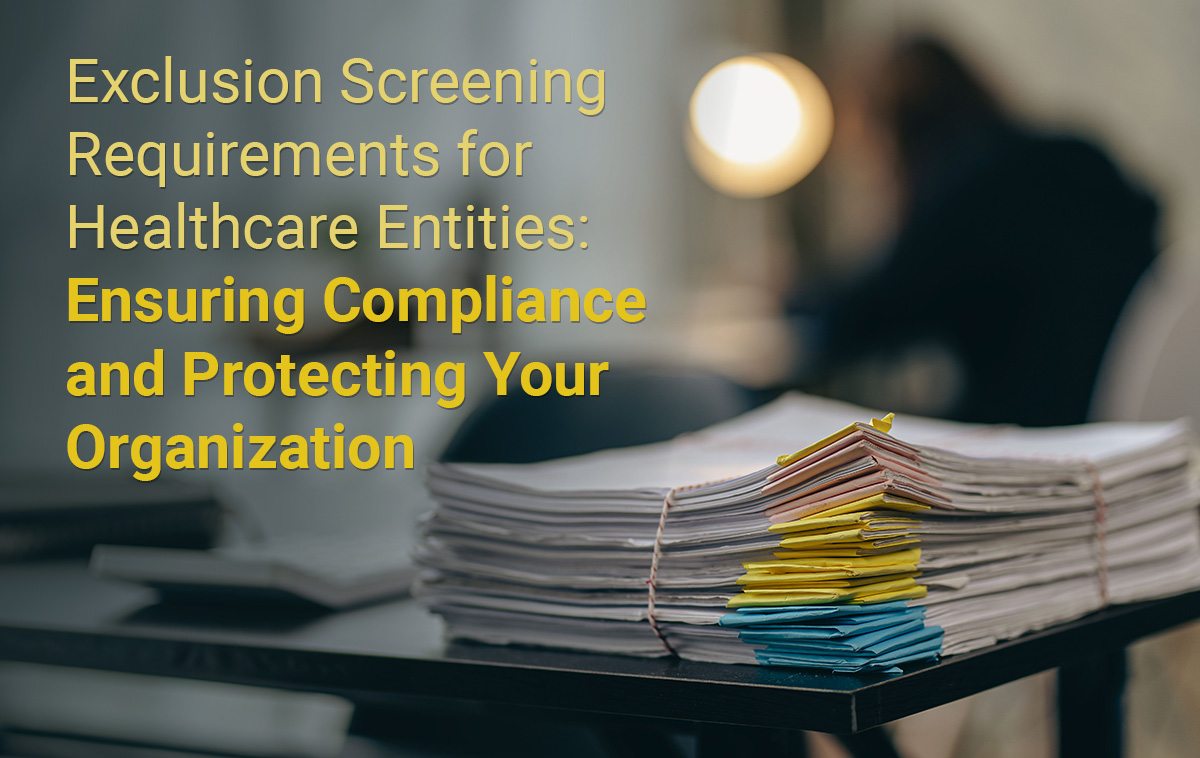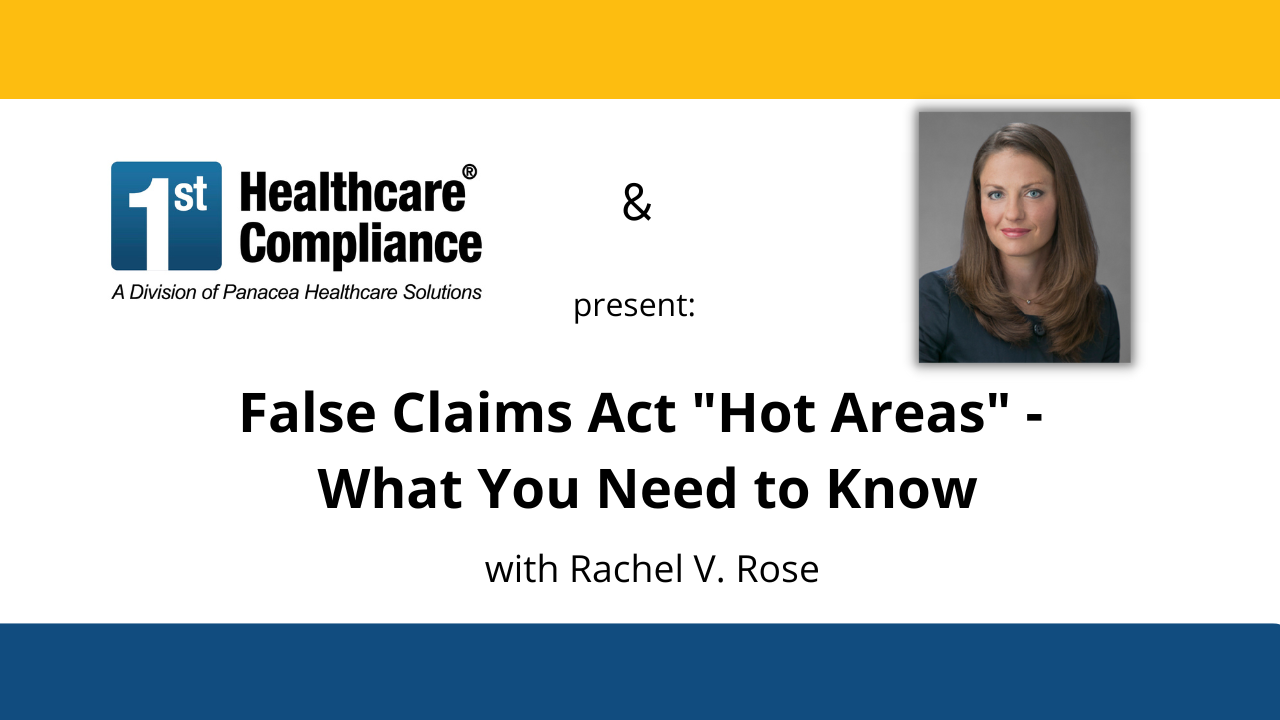
FWA in Healthcare: How to Respond Appropriately to Detected Offenses
Fraud, Waste, and Abuse (FWA) can have serious implications for the healthcare industry, affecting patient care, financial stability, and organizational integrity. Detecting and responding to FWA offenses promptly and appropriately is essential to protect the well-being of patients, uphold ethical standards, and maintain regulatory compliance.

Unlock the power of employee hotlines: How to create a culture of compliance, transparency, and accountability in healthcare.
Discover the potential of employee hotlines in fostering a culture of compliance, transparency, and accountability within healthcare organizations. Our latest blog delves into the essential questions surrounding employee hotlines, discussing their significance, benefits, and best practices for successful implementation.

Exclusion Screening Requirements for Healthcare Entities: Ensuring Compliance and Protecting Your Organization
One crucial aspect healthcare entities must prioritize in the ever-evolving landscape of healthcare regulations is exclusion screening, which is the process of checking individuals and entities against various exclusion lists to ensure compliance with federal and state regulations. Failing to comply with these requirements can have serious consequences for your organization. Read on to explore the importance of exclusion screening, its benefits, and how partnering with the right experts can help you navigate this critical aspect of healthcare compliance.

False Claims Act “Hot Areas” – What Counsel and Compliance Officers Need to Know
Expert presenter, Rachel V. Rose, JD, MBA, principal with Rachel V. Rose – Attorney at Law, P.L.L.C., Houston, TX guides us through current trends and tips. With its roots stemming back to 1863, the False Claims Act continues to be the U.S. Department of Justice's primary enforcement tool for returning money to the Federal Treasury. It is also considered one of five fundamental fraud, waste, and abuse laws, which potentially impact a provider every time a claim is submitted to Medicare, Medicaid, and other government programs because of the attestation language. The purpose of this webinar is to provide a synopsis of the False Claims Act and the current landscape in relation to coverage determinations and the federal Anti-Kickback Statute.
